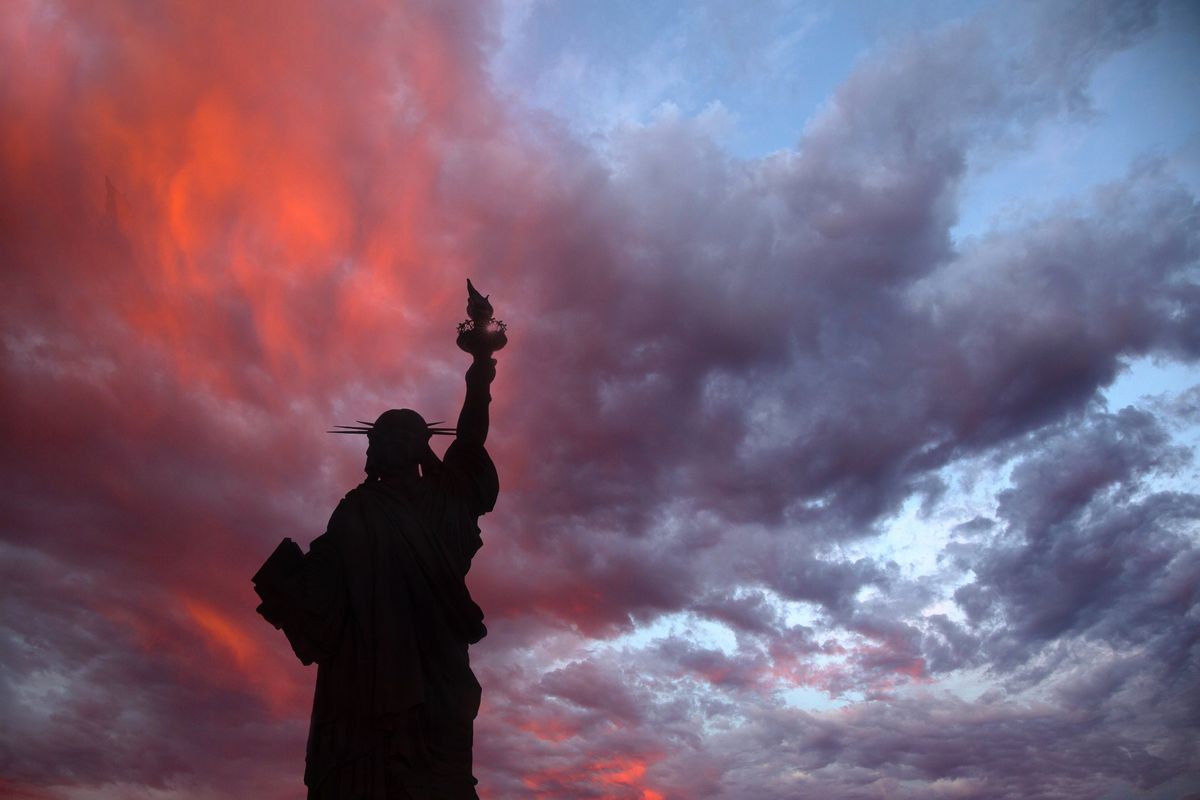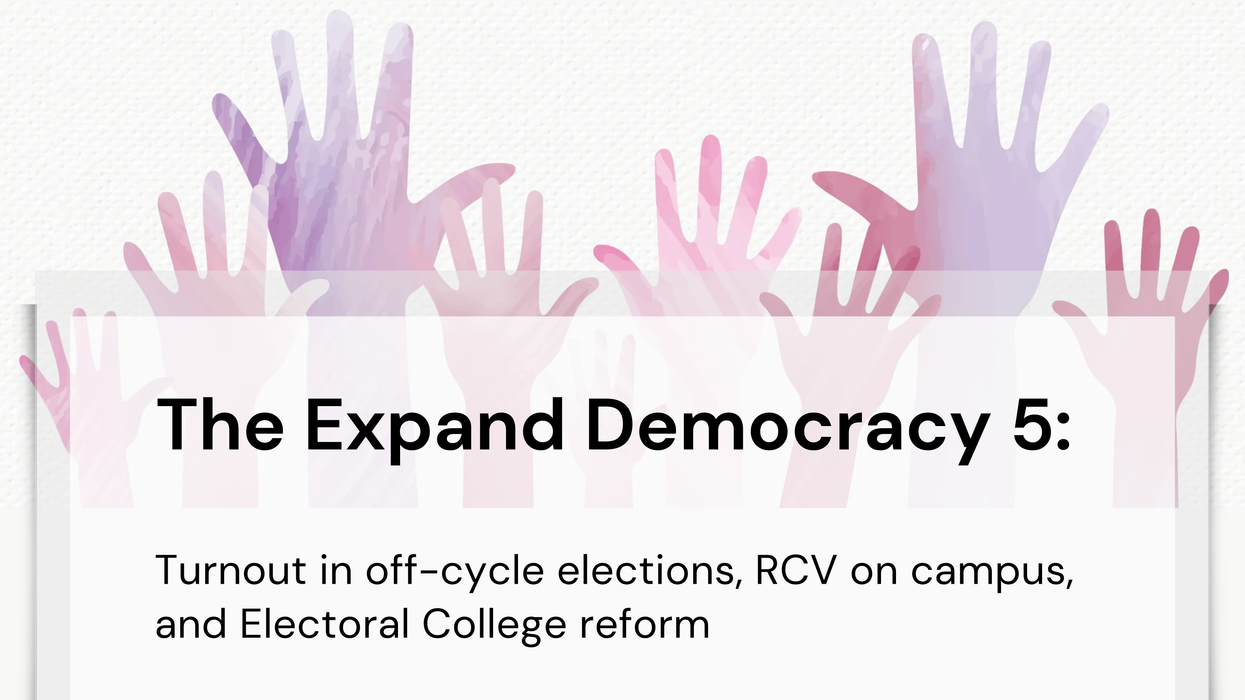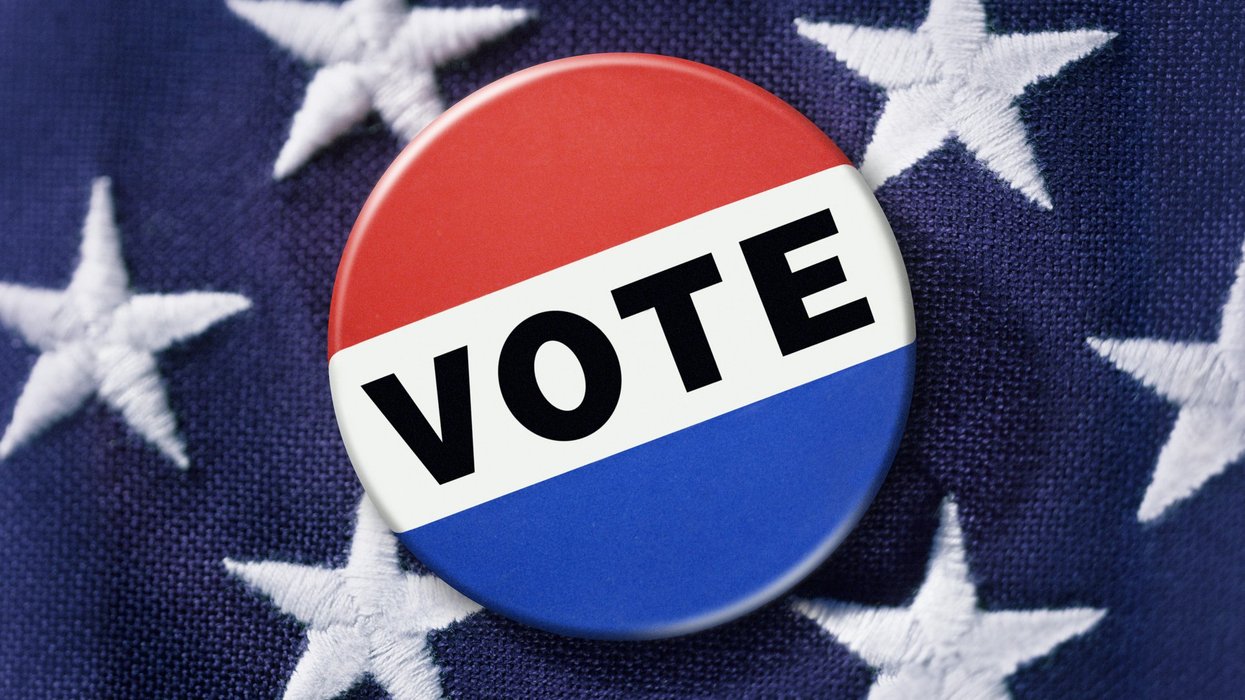Zachary Cote is Executive Director of Thinking Nation, a nonprofit that seeks to shift the paradigm of history education by empowering students to think historically. He tweets at @Thinking_Nation.
We are nearing the end of the National Week of Conversation. From April 17-23, civics-minded organizations are promoting #NWOC as a way to facilitate the skills and dispositions our country needs. Within our partner schools around the country we are exploring how this goal of conversation amidst differences relates to cultivating historical thinkers in the school classroom. Fortunately, it relates quite a bit.
As I have written about before on our organization’s blog, historical thinkers are empathetic listeners. When students employ historical thinking skills [the skills needed to analyze the past], their first job is to listen to the sources they encounter in order to understand the perspectives of the people they study. As the late historian, Marc Bloch, noted in his famous The Historian’s Craft, “The judge expresses it as: ‘Who is right, and who is wrong?’ The scholar is content to ask: ‘Why?’ and he accepts the fact that the answer may not be simple.”
Bloch’s words remind us that the first job of a historical thinker is to understand, not cast judgment. Of course, judgment does not always have to be avoided. It’s ok for historians to make moral claims. But that isn’t the primary goal. For historical thinkers, the goal is to understand; and in order to understand, we must listen.
Sign up for The Fulcrum newsletter
I remember during one class where I was guest teaching in an 11th grade U.S. history classroom in Los Angeles. As a class, we analyzed a few primary sources that highlighted the Black experience in America during Franklin D. Roosevelt’s New Deal. One of the documents was a testimony from Charles Houston (a representative of the NAACP) to the House Ways and Means Committee, where he pointed out the systemic inequality that occurred in the Social Security Act.
We looked at how this document fits within the prompt (To what extent did the New Deal improve the lives of African Americans?). Houston pointed out that since agriculture and domestic service were two industries dominated by Black Americans (and those industries were excluded from Social Security benefits), Black Americans received no support from the federal government’s program even though statistically they had the most to benefit from it. On the surface, the testimony appeared as evidence that the New Deal did not improve the lives of African Americans. But, a student raised her hand.
“Can’t this be seen as a positive example of Black progress?” she asked. Her classmates looked confused as if they were thinking “Oh no, she really isn’t paying attention.” She continued, “In this case, a Black man is testifying to Congress and they are listening. So even though he is pointing out negative aspects of the New Deal, the very fact that he is in that room shows progress toward more racial equality.” We were all impressed. In all honesty, I had not even seen that argument before.
At that moment, that student was listening to the past. She wasn’t just reading the lines of the text, she was reading between them. She was empathizing with Houston, who bravely stood before a congressional committee fighting for equality for all Americans. She identified his resilience and efforts as progress.
As seen in the classroom that day, listening to the past through the analysis of primary sources can be a powerful act of empathy for students. When we incorporate student discussions into that analysis, we only deepen empathy. Students model a listening process for their analysis of past documents as a way to set them up to listen in the contemporary conversations they engage with every day.
It is my hope that we continue the themes of #NWOC far beyond this week. Let’s support teachers around the country as they pause and look for opportunities to have students listen to the past and engage in empathetic conversations about its significance. Not only will students grow in their intellectual capacity through these conversations, such conversations are foundational for the preservation of our constitutional democracy.





















